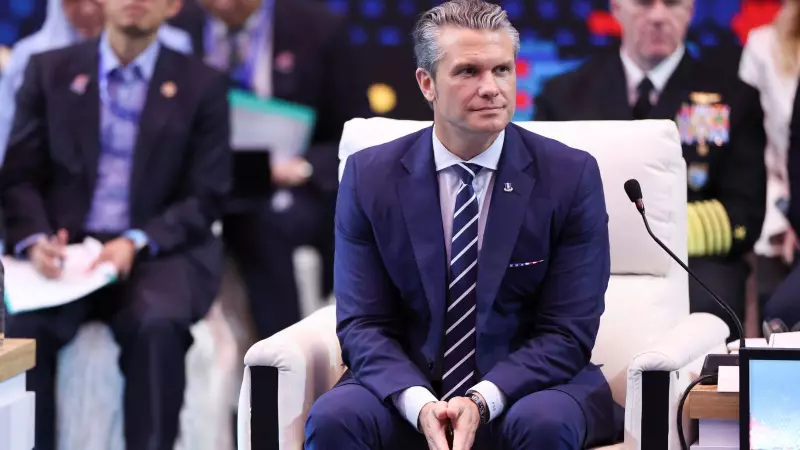
In a significant escalation of diplomatic efforts, the United States has called upon ASEAN member states to maintain a strong, unified position against China's expanding territorial claims in the contentious South China Sea. The appeal came during high-level talks that highlighted Washington's growing concern over Beijing's maritime ambitions.
Senior US diplomat Daniel Kritenbrink emphasized the critical importance of Southeast Asian nations speaking with one voice when addressing China's activities in these strategically crucial waters. "The stability of this region affects global trade routes and international security," noted a State Department official familiar with the discussions.
Growing Tensions in Vital Waterways
The South China Sea has become a flashpoint in US-China relations, with Washington consistently challenging what it describes as Beijing's excessive maritime claims. Recent months have seen increased Chinese coast guard presence and construction activities on disputed islands, raising alarms among neighboring countries and international observers.
American officials have repeatedly stressed that freedom of navigation and overflight in these waters constitute fundamental principles that must be protected. The US position maintains that all maritime claims must conform to international law as reflected in the United Nations Convention on the Law of the Sea.
ASEAN's Delicate Balancing Act
For ASEAN members, the situation presents a complex diplomatic challenge. Many nations in the regional bloc have competing claims with China while simultaneously maintaining important economic ties with Beijing. The United States hopes to bolster regional cooperation mechanisms that can address these maritime disputes through dialogue rather than confrontation.
Analysts suggest that Washington's renewed push comes amid concerns that China might exploit regional divisions to advance its territorial objectives. The US has increased its naval presence in the area and strengthened security partnerships with several Southeast Asian nations in response.
The diplomatic maneuvering occurs against the backdrop of ongoing negotiations for a Code of Conduct in the South China Sea, a framework that ASEAN and China have been discussing for years. American officials hope their encouragement will lead to a agreement that respects the rights of all nations, not just the most powerful.





